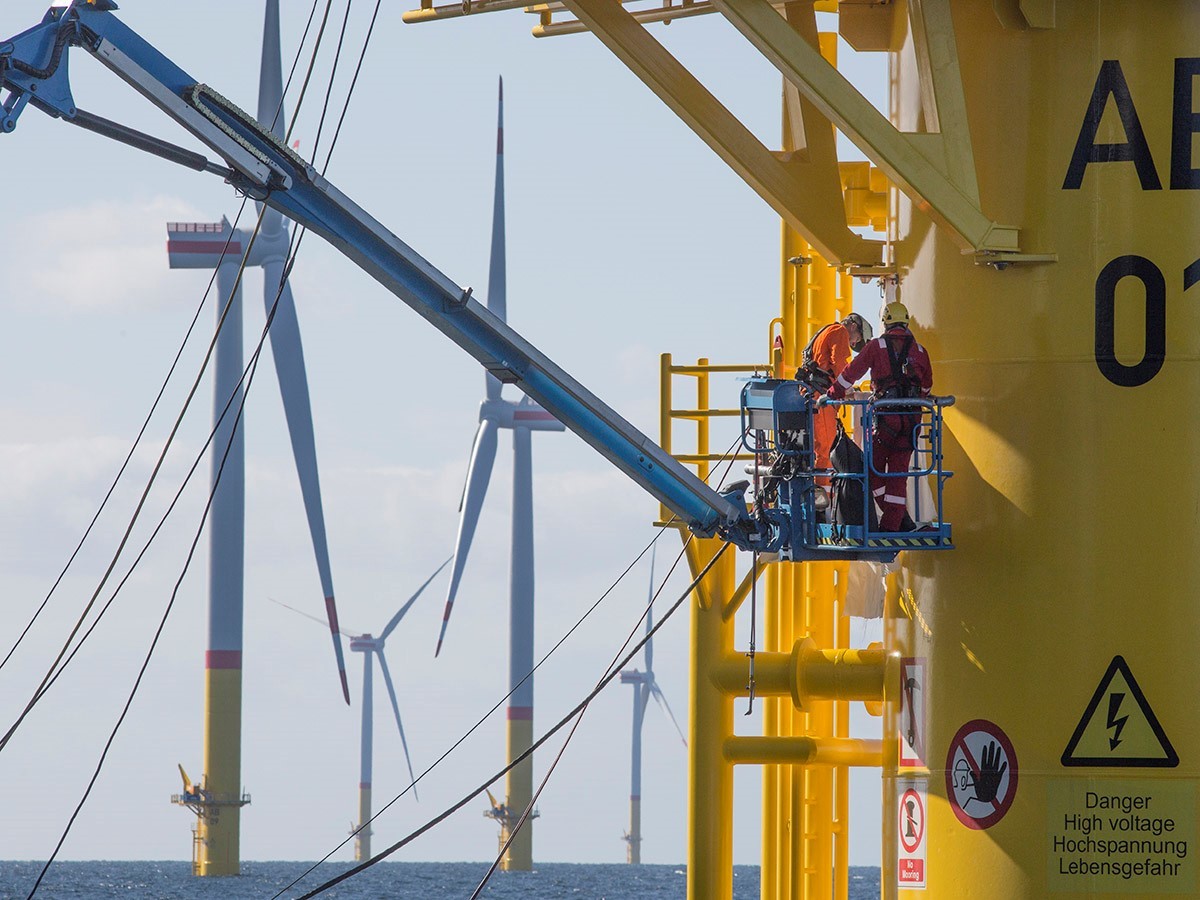2020 has been a rocky year for the price of oil, and for those companies whose fortunes are tied to it. BP’s [BP.L] share price fell 13.18% between 31 March and 1 May, reflecting an April in which the price of [US] crude oil turned negative for the first time.
Having already tumbled in March due to the coronavirus pandemic grounding planes and halting cars, oil prices haven’t regained their pre-pandemic levels. Neither has BP’s share price, which has failed to rise above a high of 361p on 8 June.
10 September’s announcement of BP’s purchase of a 50% stake in two offshore wind projects from Norwegian wind farmer Equinor doesn’t seem to have immediately impacted BP’s share price, which declined steadily over the previous month.
By close on 21 September, BP’s share price had slumped to 242p, an almost 33% drop since its June highs and down 43.8% year-to-date.
Going green
As part of a long-brewing strategy to decouple the company’s performance from that of fossil fuels – increasingly seen as toxic, environmentally, politically and financially – Bernard Looney, CEO of BP, has driven a strategic shift towards making BP a zero-carbon company by 2050.
Key pillars of the strategy include expanding its renewable power generation capacity 20-fold to 50 gigawatts (GW) and reducing its oil and gas production by 40% over the next decade.
40%
BP's reduction of oil and gas production over the next decade
Announcing the strategy boosted BP’s green credentials even amongst its most ardent critics, with environmental campaigners Greenpeace praising the immediacy of BP’s plans.
BP has also acquired stakes in Equinor’s Empire Wind and Beacon Wind projects. Empire Wind already has a contract agreed with New York State to provide 9GW of energy by 2035, with the US Bureau of Ocean Energy Management predicting that the power generated by Atlantic offshore wind could rise to 22GW. Equinor will continue to operate both projects.
While BP’s share price slumped in the summer, it’s unlikely that the company’s forays into green energy were to blame.
Much more likely to have negatively affected BP’s share price is the oil price crash which led BP to reduce its dividend for the first time in a decade during August, as well as cutting 10,000 jobs as part of a major restructuring plan to tackle its $41bn debt.
10,000
Number of jobs being cut by BP to reduce its $41bn debt
BP’s share price also suffered because it was one of several oil firms forced to temporarily halt production in the Gulf of Mexico by Hurricane Laura, driving a jump in oil prices at the expense of the producers affected.
The acquisition’s impact on BP’s share price performance hinges on what is likely to happen to the price of crude oil, since BP’s entire strategy centres on pivoting away from the commodity.
Recent upticks in crude oil’s price as lockdown restrictions eased seemed to suggest a recovery, but the longer-term trends paint a different picture. Oil prices were declining before the pandemic, falling from around $76 per barrel in September 2019 to under $20 in less than a year later in April.
15 September 2020 saw oil prices at their lowest point since 2009, besides the crash earlier this year and the 2016 slump that accompanied the lifting of restrictions on Iran. BP itself is now forecasting a decline in global oil demand.
What the analysts think
The Equinor deal represents a significant expansion of BP’s onshore wind projects into the offshore space. According to Teodor Sveen-Nilsen, analyst with SpareBank 1 Markets, the deal will likely increase confidence among investors in the viability of renewable energy projects, and challenge perceptions that these can’t generate returns on the scale of oil and gas.
Jennifer Rowland, analyst at Edward Jones, remarked that BP’s projection that oil demand may have already peaked is “a real probability” — making the oil giant’s aggressive move into renewable energy appear a smart one.
Analysts are optimistic on the whole about the prospects for BP’s share price. The consensus among 20 analysts surveyed by MarketBeat was to Hold the stock, with 13 giving a Buy rating and three a Hold rating.
The consensus 12-month target price among the analysts was 398p, a 64.5% increase on BP’s share price as of close on 22 September.
Among these analysts, the high forecast was 620p and the low 260p, suggesting that even those most pessimistic about BP’s prospects predicted a marginal increase in the stock’s value over the next 12 months.
Disclaimer Past performance is not a reliable indicator of future results.
CMC Markets is an execution-only service provider. The material (whether or not it states any opinions) is for general information purposes only, and does not take into account your personal circumstances or objectives. Nothing in this material is (or should be considered to be) financial, investment or other advice on which reliance should be placed. No opinion given in the material constitutes a recommendation by CMC Markets or the author that any particular investment, security, transaction or investment strategy is suitable for any specific person.
The material has not been prepared in accordance with legal requirements designed to promote the independence of investment research. Although we are not specifically prevented from dealing before providing this material, we do not seek to take advantage of the material prior to its dissemination.
CMC Markets does not endorse or offer opinion on the trading strategies used by the author. Their trading strategies do not guarantee any return and CMC Markets shall not be held responsible for any loss that you may incur, either directly or indirectly, arising from any investment based on any information contained herein.
*Tax treatment depends on individual circumstances and can change or may differ in a jurisdiction other than the UK.
Continue reading for FREE
- Includes free newsletter updates, unsubscribe anytime. Privacy policy





